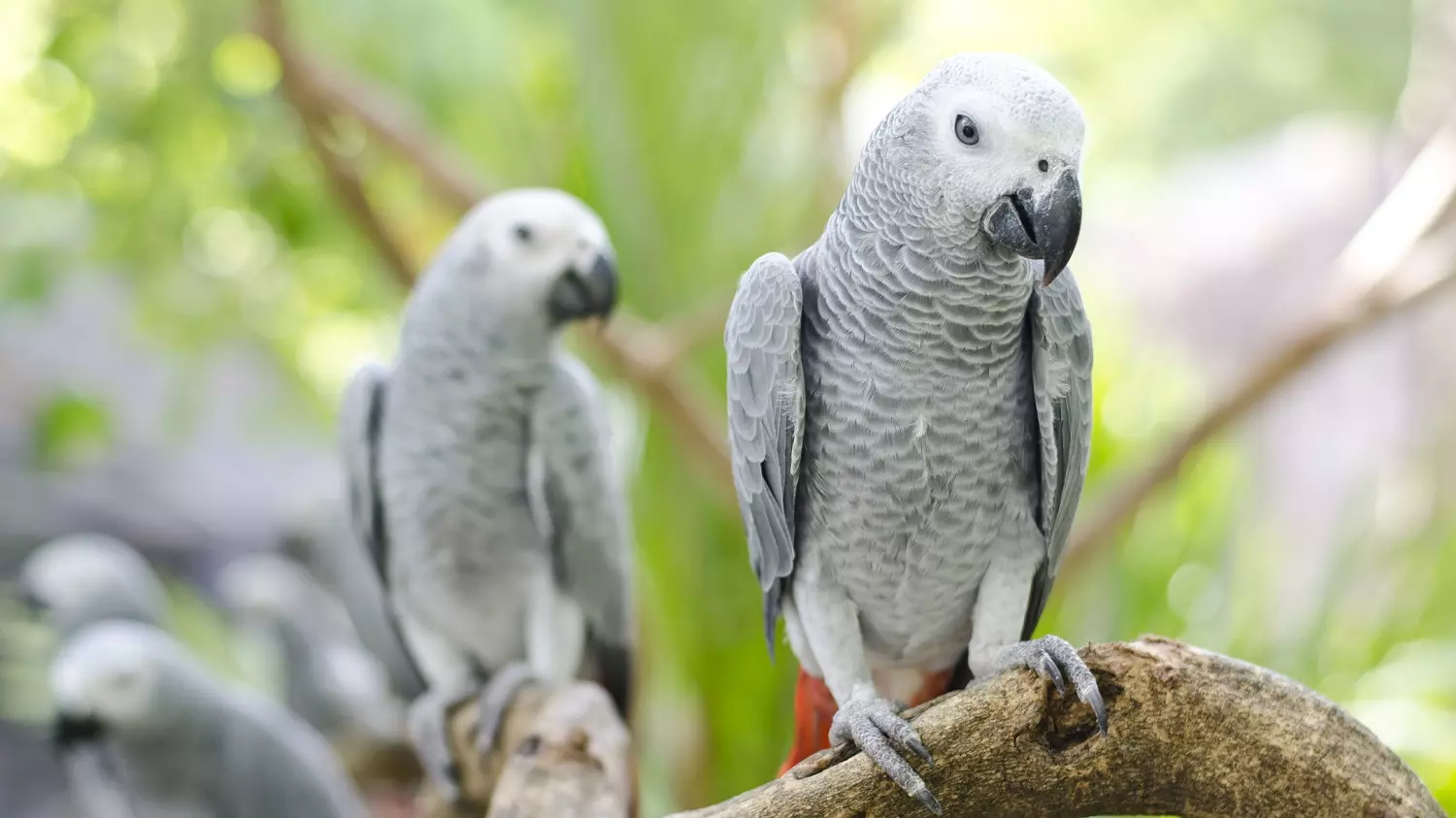[Originally published as Altruistic Parrots]
Altruism Merriam-Webster: 1 : unselfish regard for or devotion to the welfare of others charitable acts motivated purely by altruism. 2 : behavior by an animal that is not beneficial to or may be harmful to itself but that benefits others of its species.
Altruism in animals and man has been difficult for evolutionists to explain. In a world dominated by natural selection, it would be expected that animals would prioritize taking care of themselves, and those with their DNA, and do their best to undermine every other lineage.
Of course, this is not what we observe. Altruism is replete in the animal kingdom, with some animals even going so far as to adopt other animals.
And, a recent study on parrots has given us even more evidence of altruism in animals.
In the study, researchers looked at two different species of parrots—African grey parrots and blue-headed macaws—to determine if they exhibited altruism. Both of these beautiful birds are popular pets because of their intelligence and lifespan. While the blue-headed macaws did not exhibit altruism, African greys did, and to a much greater extent than anticipated.
Here’s how the experiment worked
The researchers used a mechanism called token exchange.
The birds were trained to exchange a token to an experimenter for a treat. They were then placed in pairs and one member of the pair was given tokens, the other was not. The one without the tokens was then approached by an researcher.
The African greys with tokens tended to pass a token to the token-less bird, whether or not they were related to, or friendly with, the bird they were paired with. One of the researchers claimed the African greys seemed to understand when their partner needed their help and passed them tokens.
They did this with no expectation of reciprocation. The birds who were receivers then tended to be willing to give to other birds in subsequent experiments. This is the first time this level of altruism has been demonstrated outside of mammals, at least according to the evolutionists.
The popular science write up provided by Science Daily did not even attempt to explain this altruism in an evolutionary sense. The authors of the paper in Current Biology make a minor attempt to do so implying that the social behaviors of African greys could be the explanation for altruism. However, beyond pointing out that convergence of altruistic behavior occurs between mammals and birds with this discovery, the researchers do not even attempt to address the evolution of altruism.
The fact that these researchers make no attempt to explain these altruistic parrots is not surprising.
Evolutionists have struggled to explain altruism in any organism and it remains a constant source of troublesome aggravation to them. And with good reason.
Altruism is not an expected feature of the evolutionary worldview.
In fact, since the only point of evolution is to pass on your genes, evolution would expect the exact opposite of altruism. It would expect animals to kill off all members of its own species except those related to it. Of course, there could be some restraints on this, but any offspring not related to it, it should kill off without thinking. Yet this does not happen and in fact, often we see the reverse.
Animals not only care for members of their own species, sometimes they care for members of other species, even different Kinds.
Altruism is perhaps one of the strongest challenges to the evolutionary dogma that biology provides. Animals, and mankind, exhibit altruism every day, yet evolution has no strong explanation for the origin of altruism. In fact, it is the exact opposite of what they would expect.
African grey parrots exhibiting altruism is not s surprise to creation scientists. Altruism, in general, is not a surprise to creationists. In a world that was originally created very good, altruism would have been the unquestioned rule. It is therefore hardly surprising that in the fallen world we live in, that remnants of that perfect pre-fall world persist in the present.
Altruism, therefore, is not an evolved property of life. It is a relic of the pre-fall world in which lions could lay down with lambs and all organisms lived in peace and harmony with one another. Thus altruism is much more compatible with a creationist worldview than an evolutionary one. This is hardly surprising given the struggle that evolutionists have to explain just about everything in the universe.







